Besides bidding for modules and finding a good study group to be part of, BBA final year student Guo Zhuo Hong, talks about the internships and case competitions he’s been involved in that has made his student experience more enriching and holistic.
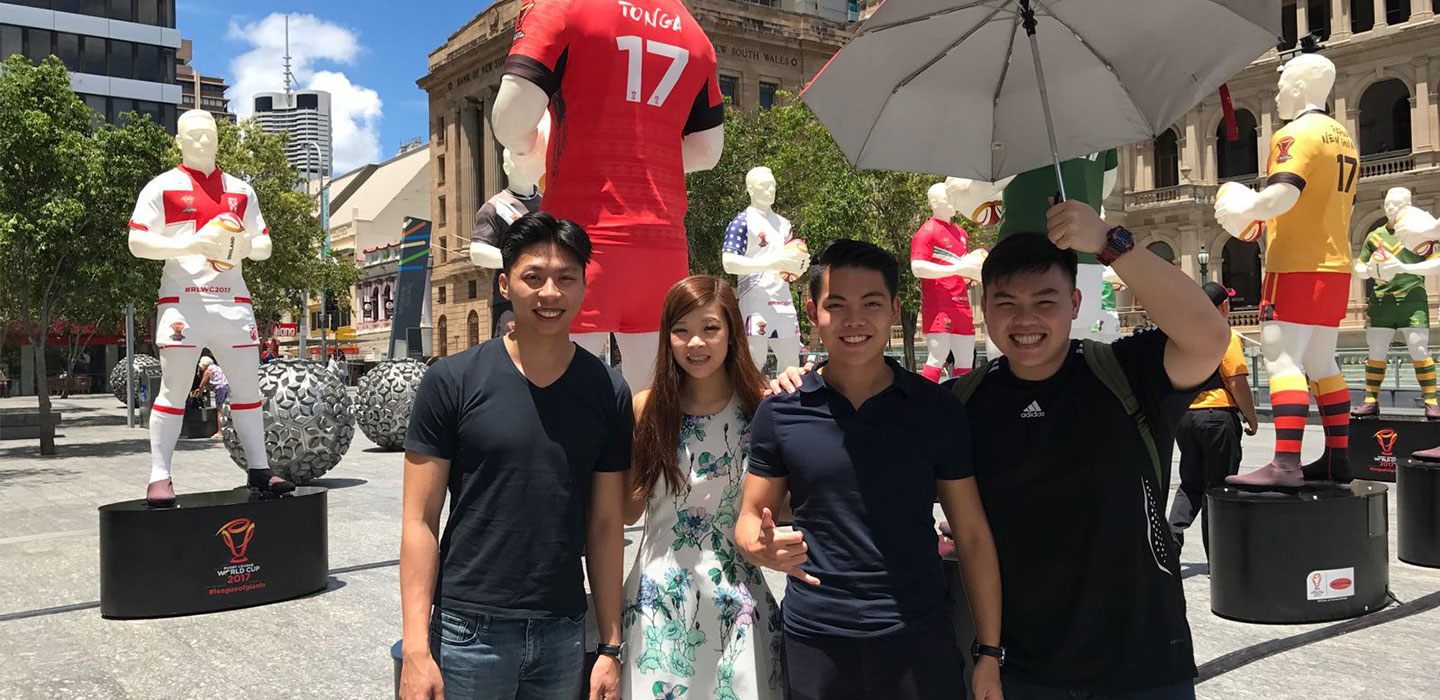
Internships and case competitions a big part of Biz Sch experience
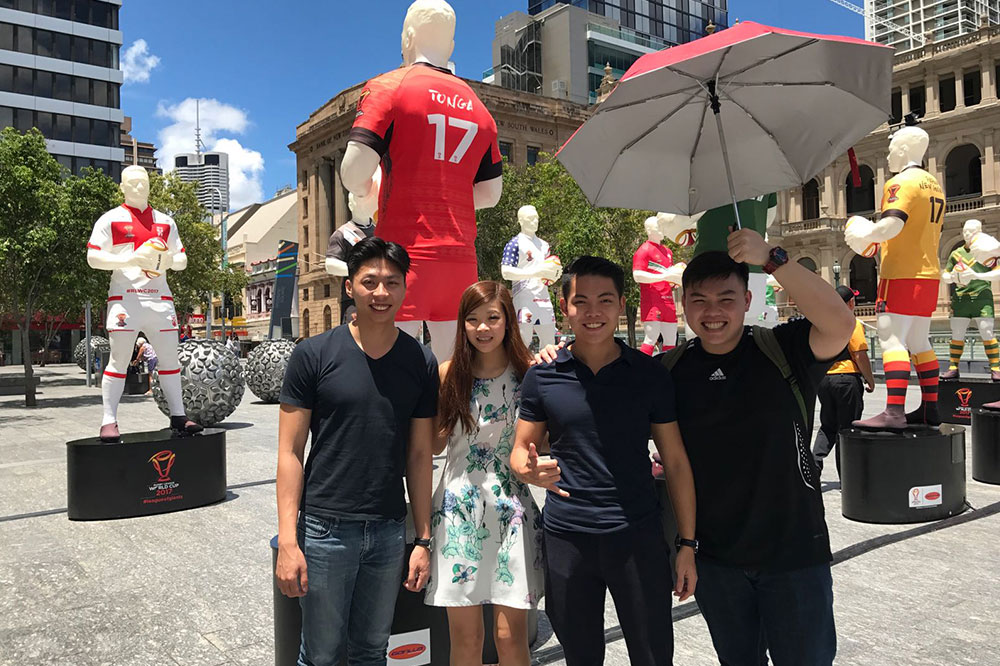
The various experiences culminated to the multi-disciplinary skill set that I have today. During my 3.5 years in NUS Business School, I have come to realise that in every field and major, the most important skill of all is the ability to think out of the box to find solutions that are the most effective to the problems that companies face on a daily basis. To achieve that, one has to be able to view problems with various lenses that can only be accumulated with the right mix of exposure to different disciplines and industries.
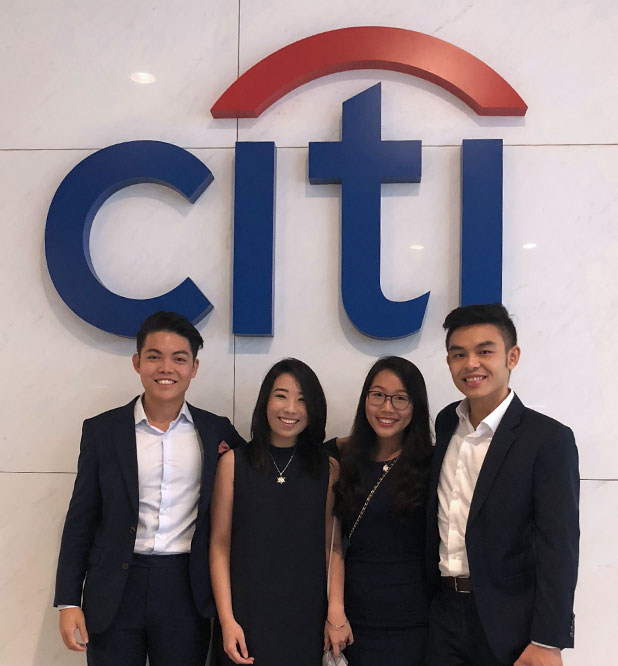
I made use of any available time I had to apply for different types of internships to get a myriad of experiences:
MoolahSense
Year 1 Sem 1, I worked with the founding team of Moolahsense in their early days as one of the first peer-to-peer lending start-ups in Singapore. My main role there was to assist the team with market research and marketing activities that formed their first few campaigns to help raise funds on the platform. Being in a start-up environment gave me first-hand experience of the nimbleness and agility required in a start-up. Every day brought about unexpected new challenges and you really had to be come up with practical recommendations and solutions within short time frames.
Spire Research and Consulting
Year 1 Summer, I worked as a consulting intern at Spire Research and Consulting’s Singapore office. This was considered my first formal internship experience and I was fortunate to be involved in multiple projects across different countries that required different strategic focus across the board. The experience eventually formed the foundation of numerous technical skills that I required in future internships.
Standard Chartered Bank
Year 2 Sem 1, I took a semester off school to work as an intern in the investment banking team of Standard Chartered Bank. This was my longest internship experience where I spent almost seven months with the team. The experience was critical in shaping my interest in investment banking and taught me how to handle the rigour of the job. It was also here that I was able to effectively apply what I learnt in school to real world scenarios.
Nomura Group
Year 3 Summer, I spent my penultimate summer with Nomura Investment Bank as an investment banking summer analyst and was eventually offered a full-time position with the bank. My time at Nomura was when I had the most exposure to international colleagues and allowed me to better appreciate our position in Singapore as a global financial hub.
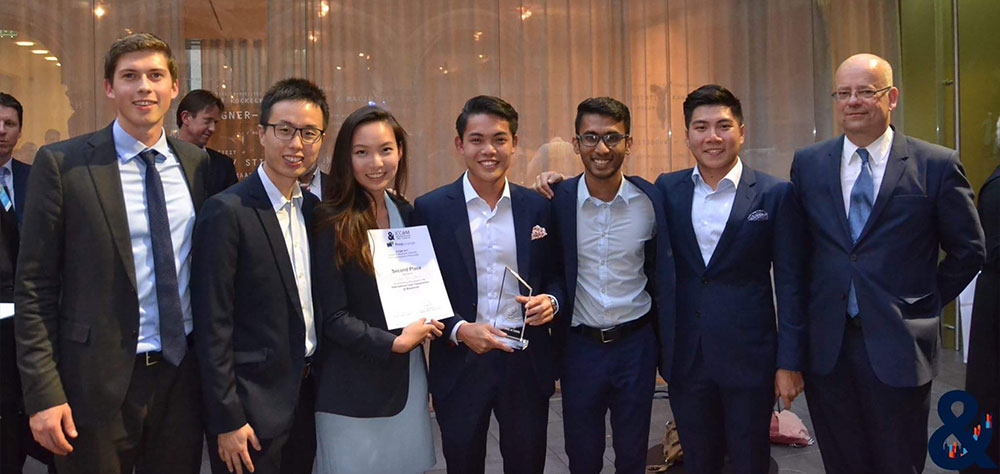
In between all that, I was also part of the NUS Case Consulting Group where teams of us, with the help and advise of various faculty advisors, will train and participate in local and international case competitions held by other business schools globally.
The most recent one I participated in was the Australian Undergraduate Business Case Competition 2017 in Brisbane where 16 Teams took part in the competition across Oceania, North America, South America, Europe and Asia.
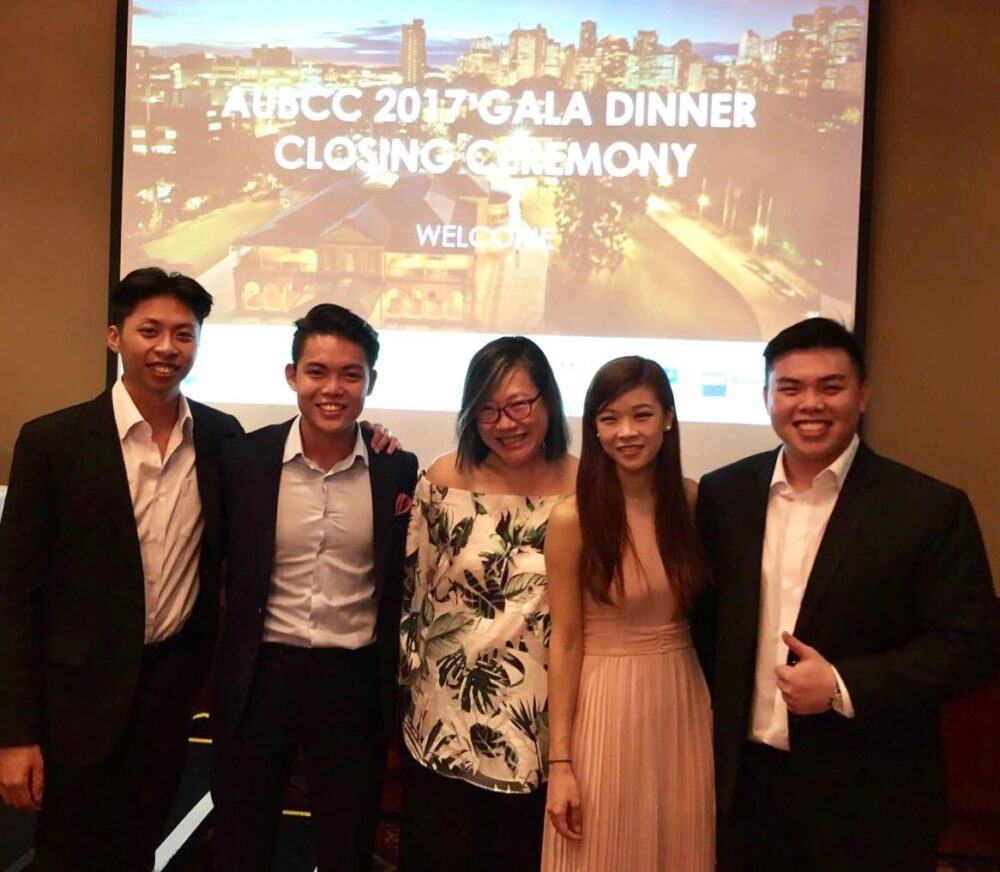
We called ourselves Team Zedd Consulting and we took home second place. In a case competition, there are usually four members to a team. I was the situational analysis and team lead while my teammates, Stephanie Lam and Jaryl Lum were in-charge of making recommendations, while Ryan Cheng was the lead for making financial analysis of the case.
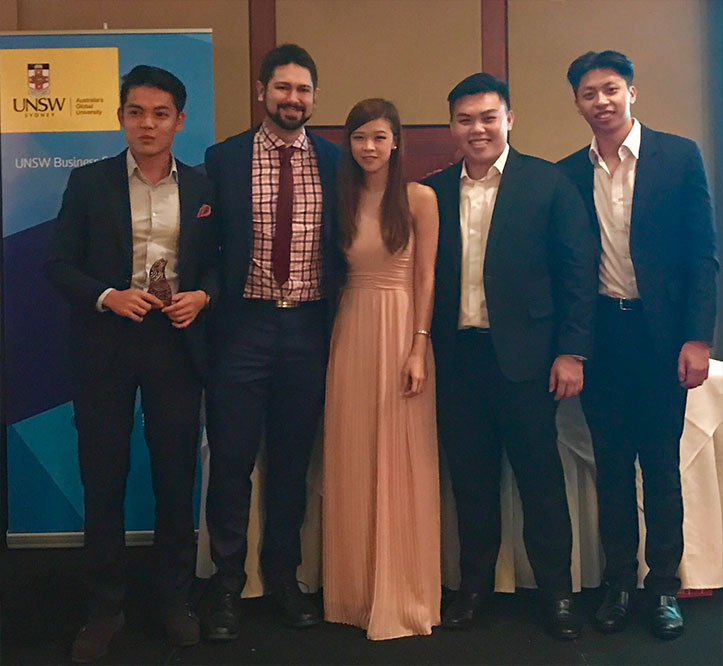
Each case competition is different. For this particular case competition, there were a total of three rounds:
Round 1
The case problem was a private equity firm in Australia that was looking for a way to maximise a recent investment made in a local omni-channel healthy food chain. Our analysis showed that their focus should be on the direct-to-consumer channel to maximise their consumer reach and we designed a two-tiered approach to capture consumers within this space for the company.
Round 2
This was a 20 minute interactive discussion with board members of a fictitious property investment company. Challenge of the case was that the risk appetite and investment targets of the company was unknown to all competitors and aim of the case was for teams to recommend three ways the company can enter the Australian aged care market.
Round 3
The final case was on a regional bank in Australia that was looking to reinvent the way it interacted with consumers. The aim was to recommend ways they could design and implement a marketplace platform that catered to end-to-end consumer journeys while partnering with third party players.

Across the three rounds, key feedback from the judges revolved around how the team was able to craft a rigorous analysis and comprehensive solutions within a short time (four hours for the first two rounds and 12 hours for the last round). In our deciding final round, we stood out from other competitors in the way we approached the case – most teams looked towards a tactical implementation of the marketplace while we anchored our case around an overarching strategy and how we envisioned the marketplace should look like to different customer segments.
The format of this competition was vastly different from other competitions I’ve previously participated. The crux to winning the case was for teams to be flexible in the way they approached the case while anchoring the case on top level strategies that were crucial to the case companies. All of this can easily be translated to other competitions and future workplace scenarios where unexpected obstacles could stand in team’s way. It’s therefore very important for teams to be able to be flexible in the way they approach the problem.
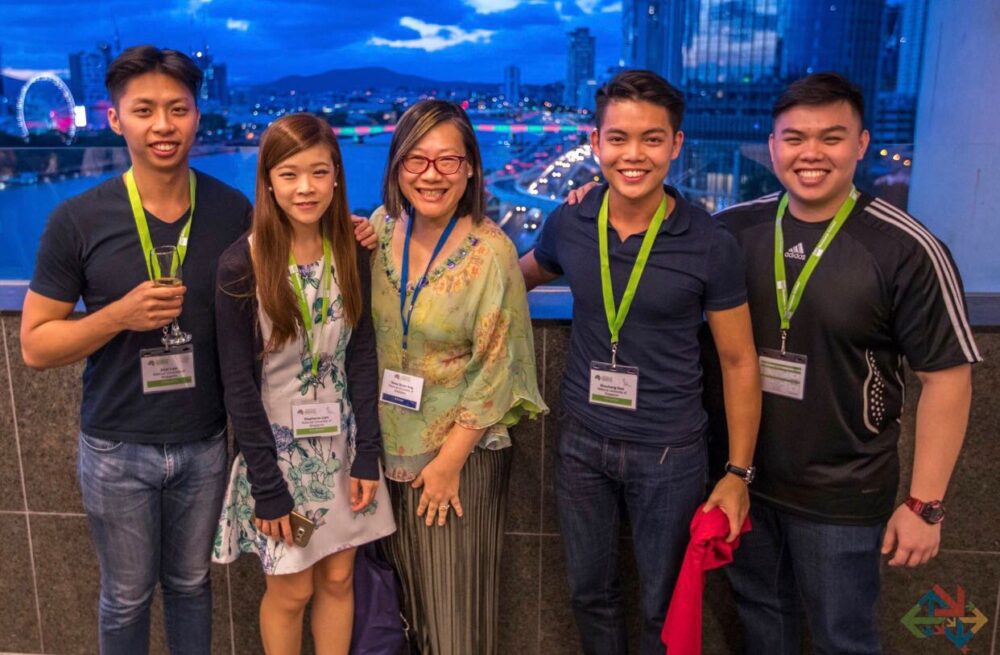
To sum it up, having a multi-disciplinary approach was definitely one of the key takeaways from the case, which is crucial to approach real world business problems that we face as case competitors.
For more information on the NUS BBA programme, please visit bba.nus.edu.sg.


